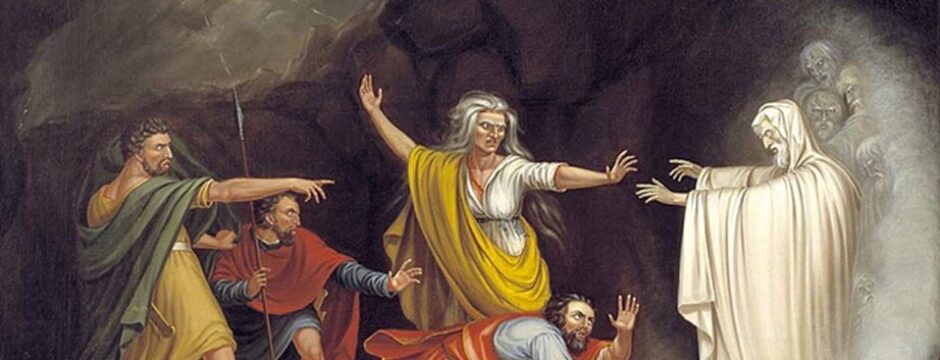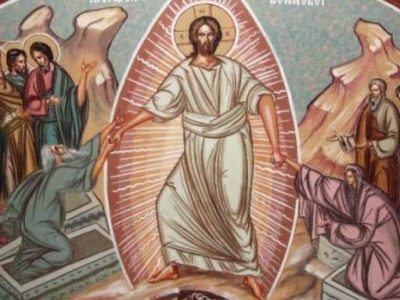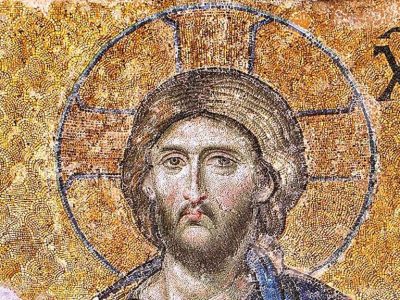We build up disciples, found churches and further the Kingdom.
Obey God, love your neighbor, serve your fatherland
Тhe Beauty and the Beast (1 Samuel 25)
In Search of a King sermon series
David and the Philistines (1 Samuel 27-29)
In Search of a King sermon series
Come out of Sin city
In Search of a King sermon series
Nothing makes sense? We provide translation.
Following Jesus
Bible Reading Plan
Events
Why are there so many churches?
16 Aug 2020 | 11:00 am
Sorry, this entry is only available in Bulgarian. Read More →
How to deal with anxiety?
09 Aug 2020 | 11:00 am
Sermon in Bulgarian. Translation in English provided! Read More →
How can a loving God send someone in hell?
02 Aug 2020 | 11:00 am
Sorry, this entry is only available in Bulgarian. Read More →
Why does God allow suffering?
26 Jul 2020 | 11:00 am
If God is good and all-powerful, why are there so many people who suffer? Why does God allow suffering? Read More →
Christians and Conspiracy Theories
19 Jul 2020 | 11:00 am
Sorry, this entry is only available in Bulgarian. Read More →
Are You Afraid of Death?
12 Jul 2020 | 11:00 am
When was it that you first realized that death was a reality you must face. Maybe it was the death of a close friend or relative. Perhaps it was your own near death experience. Or you came to realize that during the last months when the coronavirus pandemia made many people realize they will Read More →
Most Reliable Test (Malachi 3:13-4:6)
05 Jul 2020 | 11:00 am
Sorry, this entry is only available in Bulgarian. Read More →
The Good Choice (Malachi 3:6-12)
28 Jun 2020 | 11:00 am
Sorry, this entry is only available in Bulgarian. Read More →
Should Christians Be Tolerant (Malachi 2:17-3:5)
21 Jun 2020 | 11:00 am
Sorry, this entry is only available in Bulgarian. Read More →
Recent
Connect
BPC “New Life” – Varna
13 Bratia Shkorpil Str.
9000 Varna
Pr. Trifon Trifonov
tel. +359894483341
email: newlifevarna@abv.bg
Events
Тhe Beauty and the Beast (1 Samuel 25)
01 Mar 2026 | 03:00 am





























